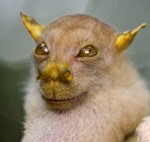Cripples Mastercard Site over the WikiLeaks Censorship; Visa Next

The websites of the international credit card MasterCard and the Swedish prosecution authority are among the latest to be taken offline in the escalating technological battle over WikiLeaks, web censorship and perceived political pressure.
Co-ordinated attacks by online activists who support the site and its founder Julian Assange – who is in UK custody accused of raping two Swedish women – have seen the websites of the alleged victims' Swedish lawyer disabled, while commercial and political targets have also been subject to attack by a loose coalition of global hackers.
The Swedish prosecution authority has confirmed its website was attacked last night and this morning. MasterCard was partially paralysed today in revenge for the payment network's decision to cease taking donations to WikiLeaks.
In an attack referred to as Operation Payback, a group of online activists calling themselves Anonymous appear to have orchestrated a DDoS (distributed denial of service) attack on the financial site, bringing its service to a halt.
Attempts to access
www.mastercard.com have been unsuccessful since shortly after 9.30am.
The site would say only that it was "experiencing heavy traffic on its external corporate website" but insisted this would not interfere with its ability to process transactions.
But one payment service company told the BBC its customers were experiencing "a complete loss of service" on MasterCard SecureCode. The credit card company later confirmed that loss.
MasterCard tonight said in a statement it was "working to restore normal service levels" after "a concentrated effort to flood our corporate web site with traffic and slow access." The company added: "It is important to note that our systems have not been compromised and there is no impact on our cardholders' ability to use their cards for secure transactions globally."
MasterCard announced on Monday that it would no longer process donations to WikiLeaks, which it claimed was engaged in illegal activity.
Visa, Amazon, Swiss bank PostFinance and others have also announced in recent days that they will cease trading with the whistleblowing site.
The moves have led to concerted attempts by hackers to target companies they deem guilty of "censoring" WikiLeaks.
Operation Payback, which has been targeting commercial sites that have cut their ties with WikiLeaks for some days, has also made threats to other organisations including Twitter, which it says is suppressing the site.
"We will fire at anything or anyone that tries to censor WikiLeaks, including multibillion-dollar companies such as PayPal," a statement circulating online, apparently from Operation Payback, said.
"Twitter, you're next for censoring #WikiLeaks discussion. The major shitstorm has begun," it added.
Twitter has issued a statement denying it has censored the hashtag, and saying confusion had arisen over its "trending" facility.
Meanwhile it has also emerged that Visa has today ordered DataCell, an IT firm that helps WikiLeaks collect payments, to suspend all of its transactions – even those involving other payees – a day after it cut off all the firm's donations being made to WikiLeaks.
DataCell, a small Icelandic company that facilitates transfers made by credit cards including Visa and MasterCard, says it will take up "immediate legal actions" and warned that the powerful "duopoly" of Visa and MasterCard could spell "the end of the credit card business worldwide".
Andreas Fink, chief executive of DataCell, said in a statement: "Putting all payments on hold for seven days or more is one thing but rejecting all further attempts to donate is making the donations impossible.
"This does clearly create massive financial losses to WikiLeaks, which seems to be the only purpose of this suspension.
"This is not about the brand of Visa; this is about politics, and Visa should not be involved in this.
"Visa customers are contacting us in masses to confirm that they really donate and they are not happy about Visa rejecting them. It is obvious that Visa is under political pressure to close us down."
Earlier, PayPal, which has also been the subject of technological attack since it suspended payments to WikiLeaks last week, appeared to admit that it had taken the step after an intervention from the US state department.
PayPal's vice-president of platform, Osama Bedier, told an internet conference the site had decided to freeze WikiLeaks' account on 4 December after government representatives said it was engaged in illegal activity.
"[The US] state department told us these were illegal activities. It was straightforward," he told the LeWeb conference in Paris, adding: "We ... comply with regulations around the world, making sure that we protect our brand."
Though he later reined back the comments, saying that PayPal had not been contacted directly by the state department but had seen a letter it had sent to WikiLeaks, his remarks will undoubtedly intensify criticism from supporters of WikiLeaks that the site is being targeted for political reasons.
Operation Payback, which refers to itself as "an anonymous, decentralised movement that fights against censorship and copywrong", and has been linked to the influential internet messageboard 4Chan, argues that such steps "are long strides closer to a world where we cannot say what we think and are unable to express our opinions and ideas".
It added: "We cannot let this happen. This is why our intention is to find out who is responsible for this failed attempt at censorship.
"This is why we intend to utilise our resources to raise awareness, attack those against and support those who are helping lead our world to freedom and democracy."
The MasterCard action was confirmed on Twitter at 9.39am by user @Anon_Operation, who later tweeted: "We are glad to tell you that http://www.mastercard.com/ is down and it's confirmed! #ddos #WikiLeaks Operation: Payback (is a bitch!) #PAYBACK"
PostFinance was successfully hacked on Monday after it shut down one of WikiLeaks' key bank accounts, accusing Assange of lying. Its service since has been seriously disrupted.
PayPal has also been targeted a number of times, but while its internal blog was paralysed for more than two hours, the payment processing facility has so far been able to withstand the attacks.
Other cyber attacks were mounted yesterday on EveryDNS.net, which suspended dealings on 3 December, while Amazon, which removed WikiLeaks content from its EC2 cloud on 1 December, may also be a possible target.
According to bloggers monitoring the cyber attacks, those involved in the protests have also been targeting the websites of US senator Joe Lieberman, who is an outspoken critic of WikiLeaks, and Sarah Palin, who said Assange should be treated like a terrorist.
Claes Bergstrom, the lawyer of the two women who claim Assange raped or assaulted them, confirmed his website was shut down overnight, as was the site of a lawyer representing Assange in Sweden. This was the first time such an attack had occurred, he said.
DDoS attacks, which often involve flooding the target site with requests so that it cannot cope with legitimate communication, are illegal.


 The websites of the international credit card MasterCard and the Swedish prosecution authority are among the latest to be taken offline in the escalating technological battle over WikiLeaks, web censorship and perceived political pressure.
The websites of the international credit card MasterCard and the Swedish prosecution authority are among the latest to be taken offline in the escalating technological battle over WikiLeaks, web censorship and perceived political pressure.




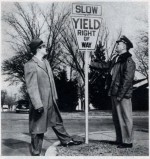 The sign on the highway that tells you to yield to oncoming traffic is not as old as you might think. Oklahoma police officer Clinton Riggs came up with the “yield” sign in 1950, which spread from its birthplace in Tulsa to all corners of the US.
The sign on the highway that tells you to yield to oncoming traffic is not as old as you might think. Oklahoma police officer Clinton Riggs came up with the “yield” sign in 1950, which spread from its birthplace in Tulsa to all corners of the US.









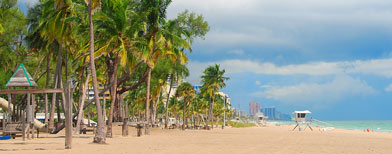
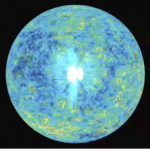 NASA scientists collected images from the Hubble space telescope and other sources and knitted them together to give us a visual representation of all the known galaxies in the universe, from the perspective of our tiny little spot. Cosmic.
NASA scientists collected images from the Hubble space telescope and other sources and knitted them together to give us a visual representation of all the known galaxies in the universe, from the perspective of our tiny little spot. Cosmic. 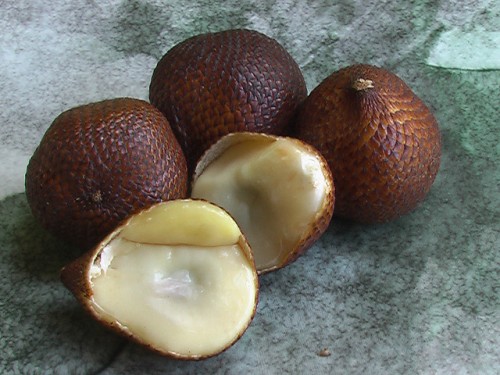

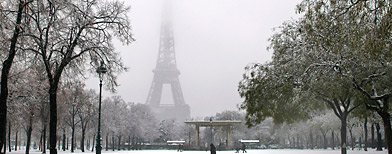

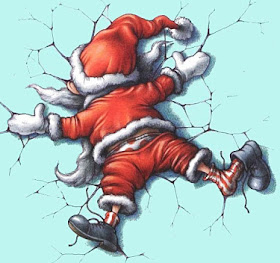
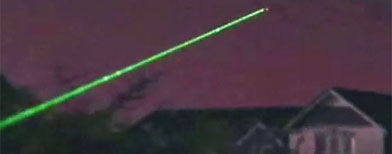
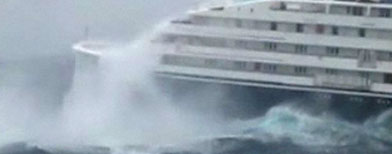



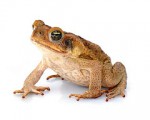 Zoologists implanted frogs with radio transmitters. The result was that most of the transmitters were found in the frogs’ bladders or fully excreted. Further experimentation indicated that certain species of frogs and toads have bladders that can detect, surround, and excrete foreign objects.
Zoologists implanted frogs with radio transmitters. The result was that most of the transmitters were found in the frogs’ bladders or fully excreted. Further experimentation indicated that certain species of frogs and toads have bladders that can detect, surround, and excrete foreign objects.